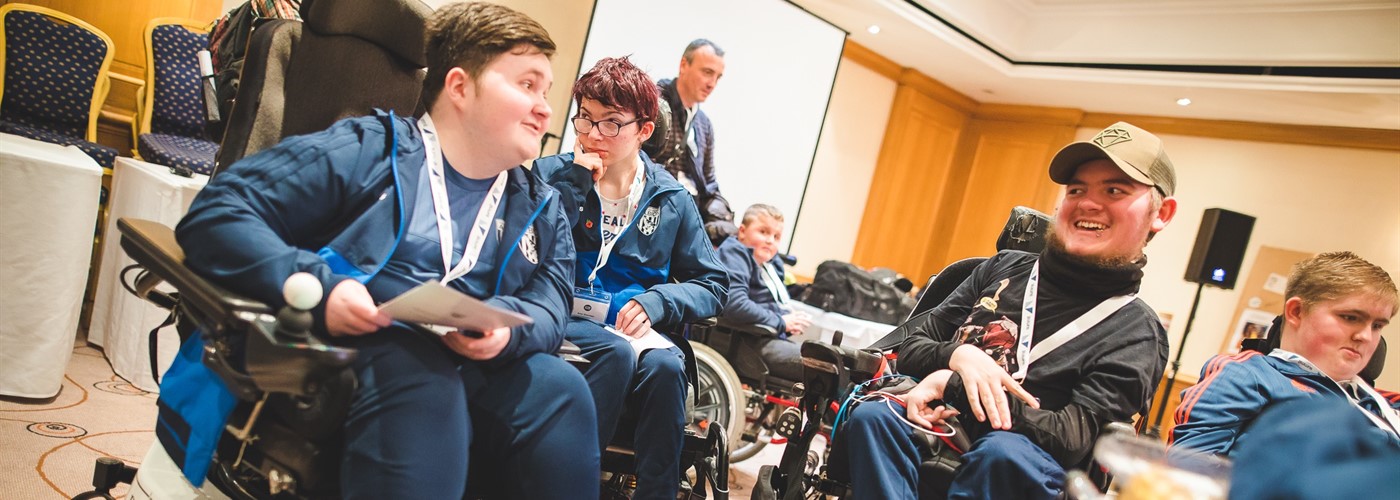There are established behaviour and learning risks in Duchenne. Published studies have shown difficulties in the following areas:
- speech delay and/or language comprehension
- learning to read – especially phonics
- problems with counting and arithmetic
- short term and working memory (holding something in your head while you do something else) – this is very important when you are learning to read or do maths, as well as when you are following instructions
- making (and keeping) friends
- keeping your emotions under control
- difficulties adjusting to having Duchenne/ not keeping up physically with everyone else
If you have Duchenne you have a higher risk of having the following diagnoses as well (but not everyone with Duchenne has them!):
- Attention Deficit and Hyperactivity Disorder
- Autistic Spectrum Disorder
- Obsessive Compulsive Disorder
See the Standards of Care Treat-NMD guide (page 39) for more information.
Please also see the Guide to Duchenne Muscular Dystrophy : Information and Advice for teachers and carers.
Must watch expert webinars
Dr James Poysky, PhD is a clinical psychologist and pediatric neuropsychologist. He is an internationally recognized expert in the impact that Duchenne muscular dystrophy can have on learning, behavior, and emotional adjustment. His 17-year-old son Joel has DMD.
Dr. Natalie P. Truba PhD is a Paediatric Clinical Psychologist and an internationally recognised expert on the psychology of learning and behaviour in Duchenne.
DECIPHA
Decipha CIC has been set up to benefit families, young people and adults with special and additional needs. We reinvest profits to benefit children in the community.
We highly recommend purchasing A Guide to Duchenne Muscular Dystrophy: Information and Advice for Teachers and Parents


